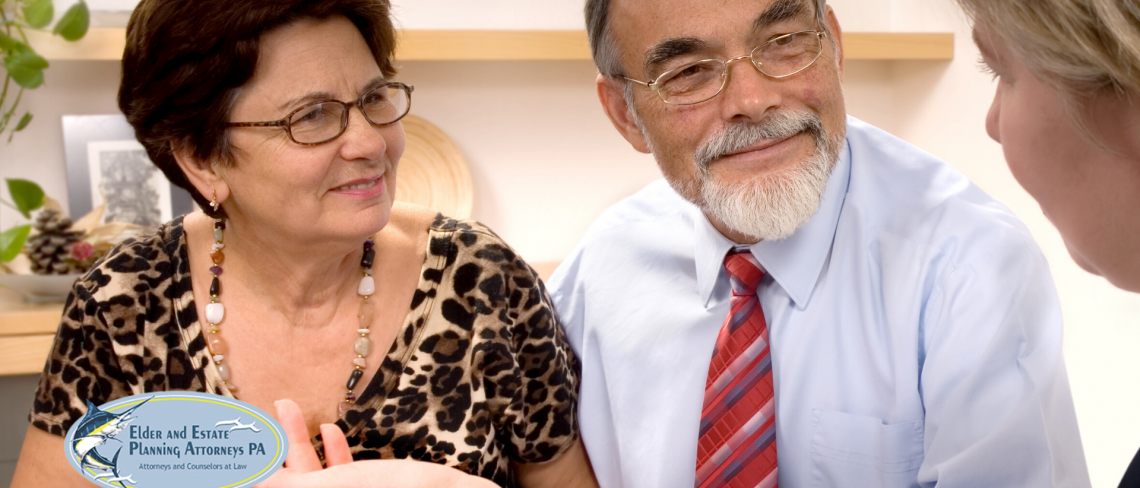As we step into April, our attention turns not only to the fresh blooms of spring but also to an important aspect of healthcare management for our aging loved ones. National Clean Out Your Medicine Cabinet Day serves as a poignant reminder of the significance of medication management. Yet, this observance does more than prompt us to declutter our medicine cabinets; it highlights a critical concern that may signify deeper issues in the care and well-being of aging parents.
As an experienced Florida estate planning and elder law firm, we have come to recognize that difficulties with medication management often unveil broader challenges that necessitate comprehensive planning and foresight. We have found that when aging parents start facing challenges with managing their medications, from keeping track of dosages to understanding the purpose of each prescription, it is typically one of the first visible signs that they may require additional support. These struggles can reflect changes in cognitive abilities or physical health that, if not addressed promptly, could compromise their safety and overall quality of life. Recognizing these medication management issues as indicators of a larger concern, however, is crucial. They serve as a wake-up call, urging us to consider the full spectrum of our loved ones’ needs and the planning required to address them effectively.
National Clean Out Your Medicine Cabinet Day transcends its surface-level call to action. It is an annual marker that encourages us to delve deeper into our aging loved ones’ ability to manage their health care independently. This day should be a springboard for families to initiate conversations about broader long-term care strategies. It is an opportune time to assess not only medication management but also living arrangements, daily assistance needs, and the overarching support system in place for aging individuals.
Acknowledging medication management difficulties as a symptom of larger issues is just the first step. The journey ahead involves creating a robust plan that ensures the well-being and dignity of aging parents as their needs evolve. Collaborating with an experienced estate planning and elder law attorney can guide you through crucial steps to create a comprehensive long-term care plan:
- Identifying care needs. Assessing the level and type of care required, considering both current struggles with medication management and potential future health challenges.
- Selecting the right care environment. Finding care providers and living arrangements that offer the necessary support, focusing on environments that can adapt to the increasing needs of your loved one.
- Navigating financial planning for care. Strategizing on how to finance long-term care, including understanding insurance benefits, asset management, and eligibility for government aid, to ensure that care needs do not become a financial burden.
Effective medication management is just one piece of the puzzle. A comprehensive estate plan is essential to safeguard the future of aging parents. Together, we can create a plan that addresses critical elements including, but not limited to, the following:
- Asset preservation. Protecting your loved one’s estate from the potential financial strain of long-term care costs.
- Advance directives. Ensuring that healthcare wishes are clearly documented, understood, and respected, even if verbal communication becomes challenging.
- Legacy considerations. Planning for the seamless transfer of assets, reflecting the personal wishes and legacy of your loved one.
As we honor National Clean Out Your Medicine Cabinet Day, let’s use it as a catalyst to reflect on the broader implications of medication management issues. These challenges not only call for a reassessment of how we manage and organize medications but also highlight the need for a deeper dive into comprehensive care planning for our aging loved ones. It is a compelling invitation for families to engage with skilled professionals who can navigate the complexities of estate and elder law planning. Together, we can ensure that our aging parents receive the care, respect, and dignity they deserve throughout their golden years.
We know this article raises more questions than it answers. Elder and Estate Planning Attorneys, PA, is a law office small enough to provide personal service but large enough to provide service in Jupiter, as well as Palm Beach, Martin, St. Lucie, and Indian River Counties in Florida. Our law firm will guide you through legal challenges involving elder law, estate planning, trusts, veterans benefits, real estate, and more. We encourage you to contact us and schedule a meeting with our attorneys.










